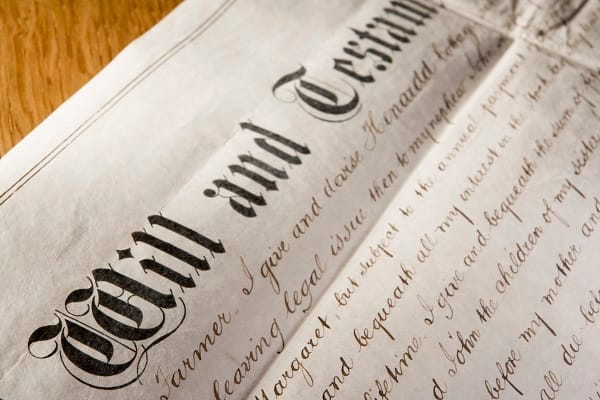Losing a parent is a deeply emotional experience. Amidst the grief, there are often complexities that can feel overwhelming, such as dealing with their property. The legal process is known as probate, and it is important that you have an understanding of how this affects your parents’ assets, so that you know what to expect.
What exactly is probate?
Probate is the legal and administrative process of managing a deceased person’s estate. This involves validating their will (if one exists), appointing individuals to manage the estate (executors if there is a will, administrators if not), identifying and valuing all assets (including property), settling any outstanding debts and taxes, and finally distributing the remaining assets to the rightful beneficiaries.
The impact of probate on your parents’ property
When a parent passes away, their ownership of any property they held is immediately frozen. Until the legal authority to manage the estate is granted (the Grant of Probate or Letters of Administration), no transactions regarding the property can legally take place.
Here is a breakdown of how probate typically affects property:
Obtaining legal authority
Submitting information about the deceased’s estate to the Probate Registry. This legal document provides them with the authority to deal with assets, including the property.
Identifying and valuing the property
This may involve obtaining professional valuations to determine the market value at the time of death. This valuation is essential for calculating potential Inheritance Tax.
Dealing with mortgages and debts
If the property has an outstanding mortgage or debt secured against it, the executors/administrators will need to address these. Options include:
Selling the property: Using proceeds to clear the mortgage and any other debts before the remaining funds are distributed among beneficiaries.
Transferring the mortgage: If beneficiaries wish to retain the property, they may need to arrange a new mortgage in their own name, subject to lender approval.
Inheritance Tax (IHT)
IHT may be payable on the value of the property (along with the rest of the estate) if it exceeds the current tax-free threshold. The executors/administrators are responsible for calculating and paying any IHT due before the Grant of Probate is usually issued. Understanding the complexities of IHT and potential reliefs is vital.
Transferring ownership
Typically done through a legal document called an Assent. Executors/administrators will register the change of ownership with the Land Registry.
Selling during probate
Beneficiaries may decide to sell during probate. The sale cannot be completed until the Grant of Probate is obtained, but the process of marketing and agreeing on a sale price can be initiated.
Navigating the process with professional help
The probate process, especially when dealing with property, can be intricate and time-consuming. Ensuring all legal requirements are met and potential pitfalls are avoided is crucial, which is why it is smart to use the services of probate solicitors who can guide you through the process.
Losing a parent can be an incredibly emotional time, which can be made even harder when it comes to dealing with their property, which is why it is important to know what to expect and how you can navigate the process.

